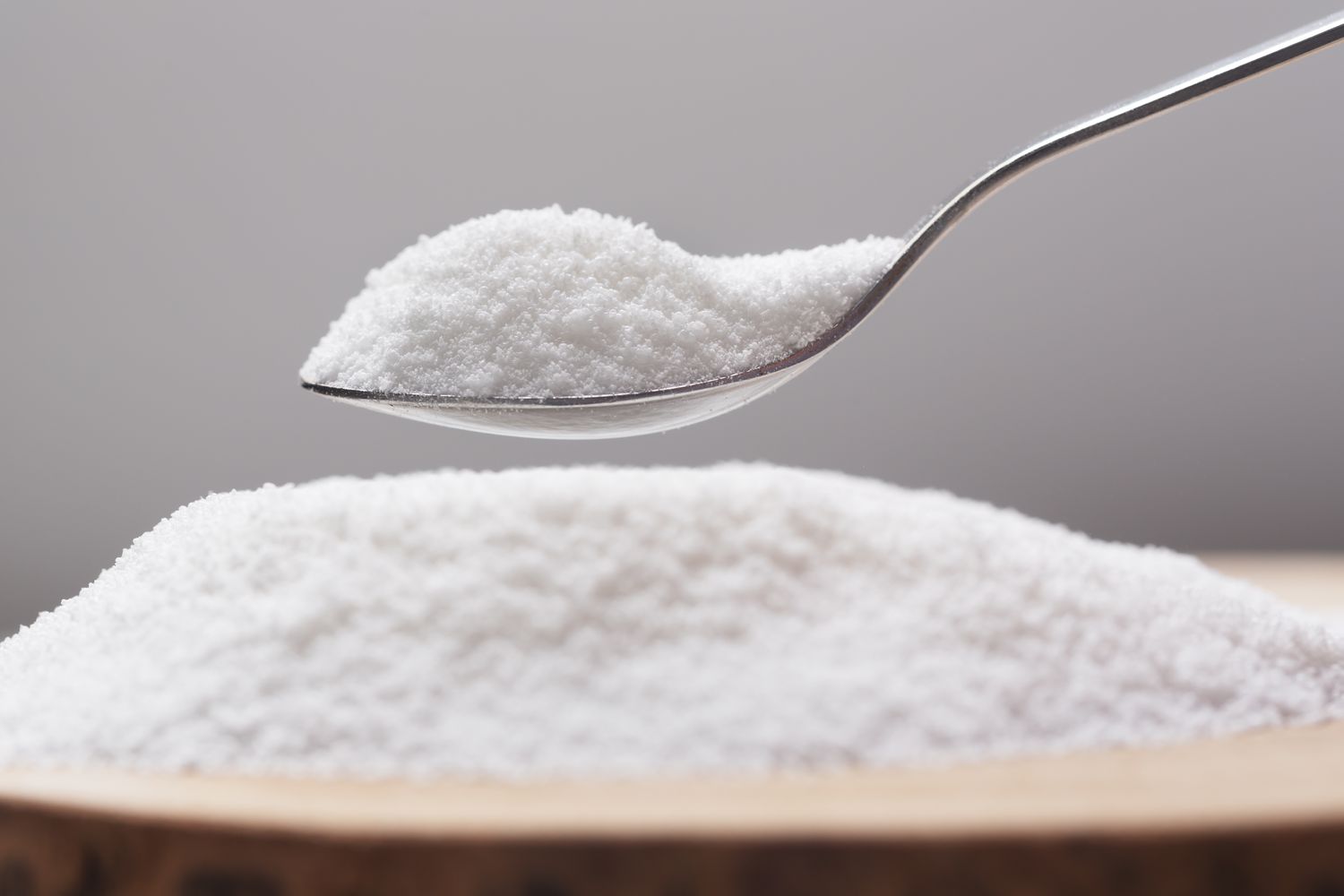The World Health Organization (WHO) has announced that aspartame, a widely used artificial sweetener found in numerous products, including diet sodas and sugar-free gum, should be categorized as “possibly carcinogenic to humans.” While this designation raises concerns, it does not imply that consuming diet soda directly causes cancer. The classification is based on research conducted by WHO’s International Agency for Research on Cancer (IARC), which suggests a potential link between aspartame and liver cancer, although the evidence is not conclusive.
Aspartame is one of the most studied food additives and has been on the market for decades. It is found in approximately 6,000 products globally, ranging from diet sodas to toothpaste and medications. It is about 200 times sweeter than regular sugar, making it an attractive option for reducing calorie intake in “diet” or “sugar-free” products.

source- businessworld
The Evaluation Process:
The IARC conducts hazard assessments on various substances to determine if they can potentially cause cancer. In the case of aspartame, the committee examined laboratory data, animal studies, and human data. Some observational studies have shown a slightly higher cancer risk among individuals consuming high amounts of artificial sweeteners, including aspartame. However, these studies cannot establish a direct cause-and-effect relationship.
Conflicting Research Findings:
Multiple studies have analyzed the health effects of aspartame, but the results have been inconsistent. A 2022 French study involving 100,000 adults suggested a slightly higher cancer risk for those consuming high levels of artificial sweeteners. However, self-reported data and other confounding factors limit the study’s reliability. Another study reanalyzed Italian research from 2020, suggesting a potential link between aspartame and leukemia and lymphoma in animals. Nonetheless, it should be noted that most animal studies conducted by the National Toxicology Program did not find a cancer link.
Implications and Recommendations:
The FDA and other regulatory bodies have continually reevaluated the safety of aspartame, and they currently consider it safe for consumption within specific guidelines. The WHO’s “possibly carcinogenic” classification aims to encourage further research on aspartame’s potential links to cancer. However, experts and industry associations, such as the American Beverage association, stress that numerous food safety agencies worldwide have consistently deemed aspartame safe.
Consumers are advised not to overly worry about the designation. Health experts suggest that individuals, especially young children, should limit their consumption of sweetened products, regardless of whether they contain real or artificial sugar. Opting for unsweetened alternatives, such as water, is a healthier choice.
Conclusion:
The recent classification of aspartame as “possibly carcinogenic to humans” by the WHO has sparked discussion and raised questions about its safety. While some studies suggest a potential link between aspartame and certain types of cancer, the evidence is inconclusive, and no direct cause-and-effect relationship has been established. Regulatory bodies and food safety agencies continue to maintain that aspartame, when consumed within recommended limits, is safe. Further research is needed to shed more light on the potential health effects of aspartame, but for now, consumers can make informed choices by moderating their overall intake of sweetened products.











